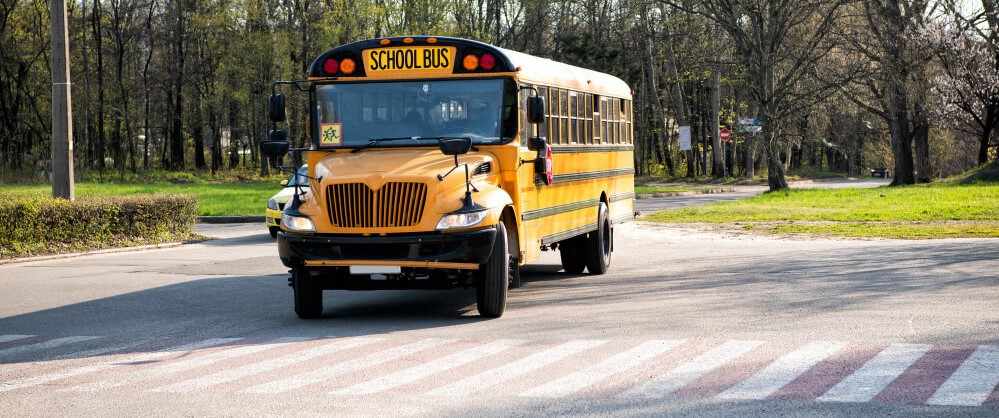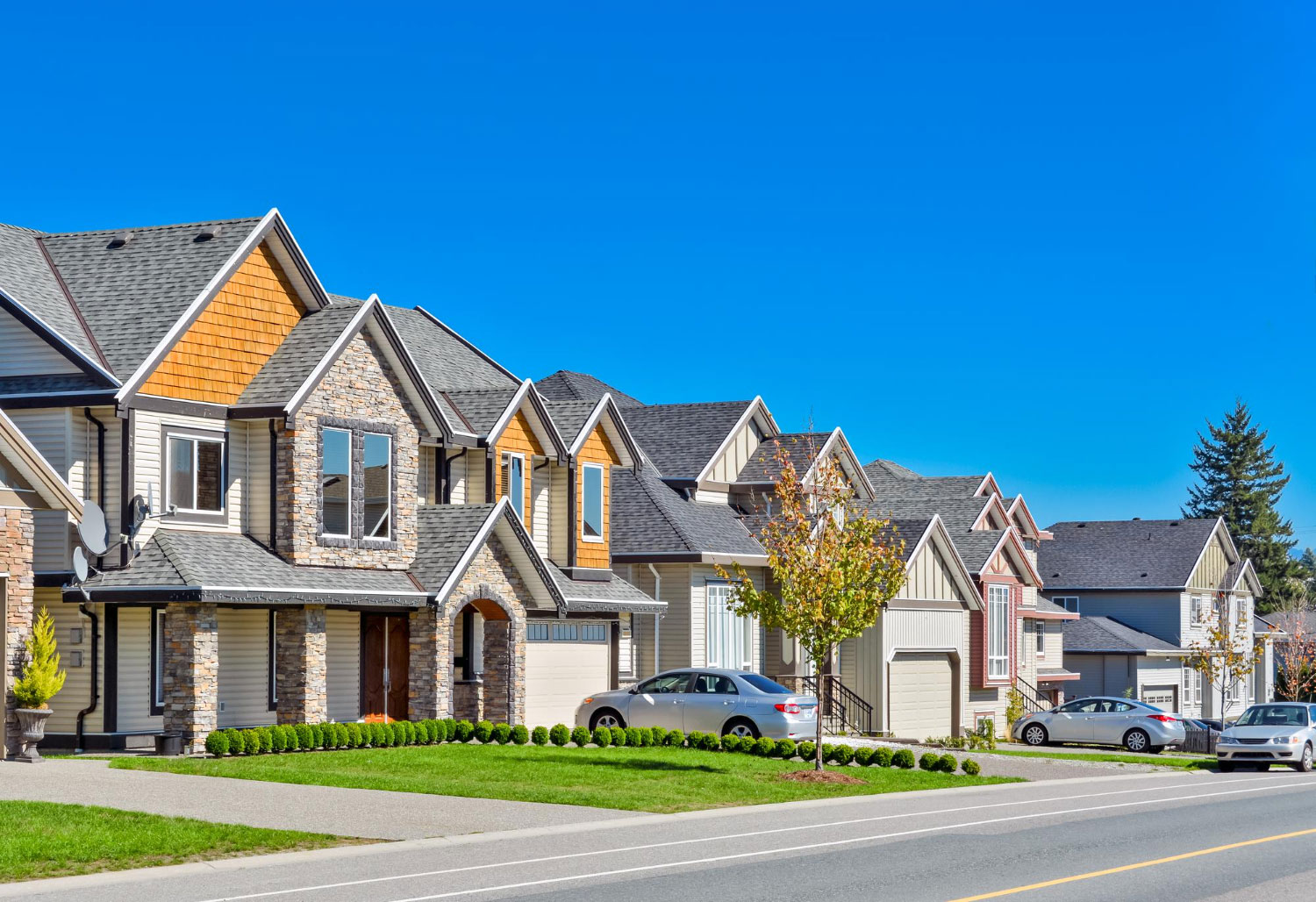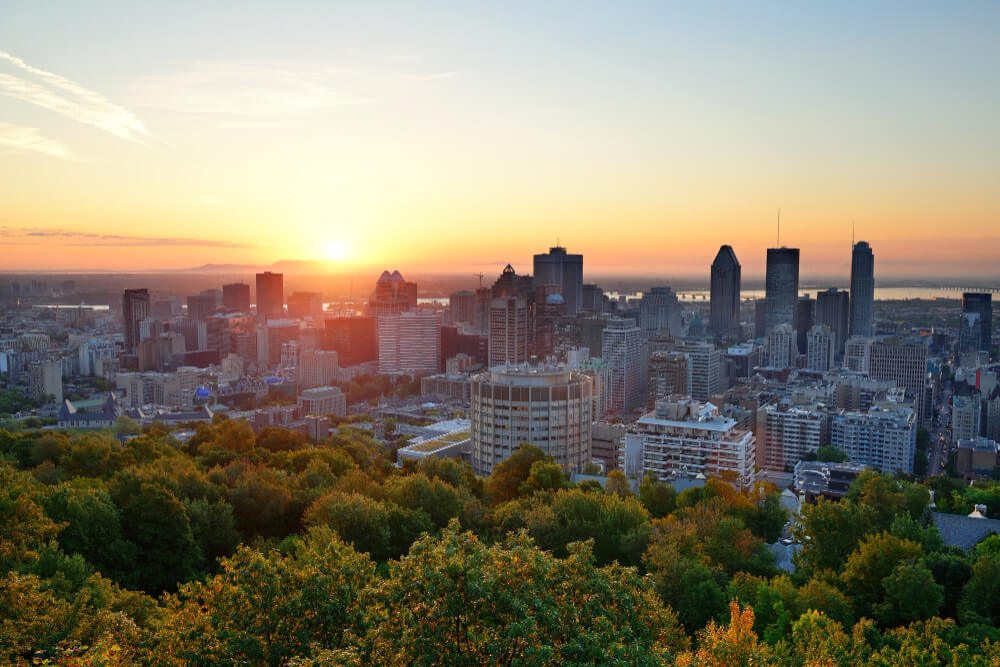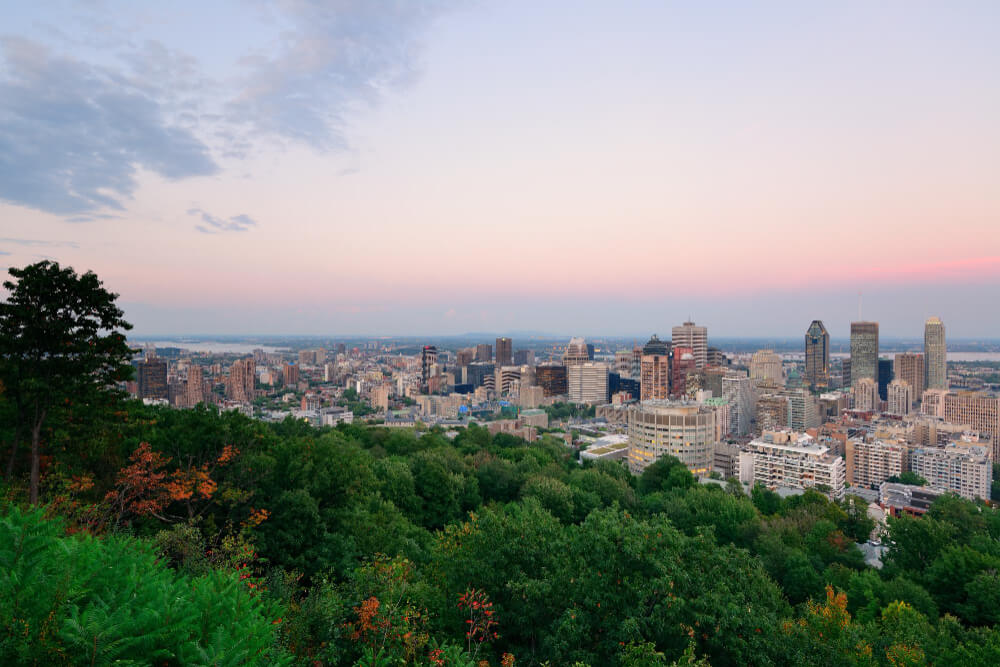Factors to Consider When Choosing a Home

There are many possibilities available when seeking to buy a new house, so, it’s vital not to restrict yourself. Whether you decide to stay in the same city or move to a whole different city, there are plenty of options available.
Although leaving your current location may make you unhappy, there are many other interesting areas to live in Quebec, so it’s important to weigh all of your possibilities before settling.
Which Feature Has the Most Impact on Where You Live?
It’s important to think about what you want from a city and a home before picking where you want to move. Your ambitions for home ownership should therefore serve as a guide when choosing where to live. Make a list of the things you absolutely must have for the new house and the area before you begin the house-hunting phase.

Don’t set your standards too low or too high; keep them fair. Doing this by yourself will be a pleasant exercise to get your fantasies going and will also help you focus your research. Furthermore, you’ll be able to communicate your needs to your real estate broker, which will improve their ability to support and help you.
It might be intimidating to sit down and list your needs when deciding where to live. We will thus make it easier for you by highlighting some of the important parts to take into account when choosing a place to call home.
Although deciding to relocate may be simple, deciding where to go is another matter. Take a time to reflect on these factors for finding a home while you navigate through real estate listings.
Walkability
Home buyers frequently take an area’s walkability into account. Some property buyers are happy to live close to a post office and a coffee shop, while others prefer to be able to stroll to several restaurants and small businesses.

A fast trip to the train station will be more convenient if someone in the family commutes or those who have school-age children may prefer the option of walking to school. The walkability rating of a town may be found online.
Size of the House
Your future home’s size demands would be an issue that ties into affordability. You most likely aren’t seeking to purchase a two-bedroom apartment if your family is six members big. However, in some regions of the nation, a house large enough for a family of six might be unaffordable.
Have an idea of how many bedrooms and bathrooms you’ll need in your new home before speaking with a Real estate broker, and then start researching the typical rates for properties of that size. This will enable you to decide if you can afford to continue to live in the city you now stay in or if you need to move in order to buy a home with enough room for your requirements.
Proximity to Work
For many, the distance between your new home and your place of work is a deal-breaker. Some people might not mind traveling 30 minutes each way to and from work or commuting across many cities. When looking for a new home, establishing a kilometer radius will enable you to focus your search.

It might not be as crucial to do this if you’re relocating to a different city or province. The employment prospects in the new community you will be residing in and the surrounding industry are something to take into account, too.
Employment
Employment opportunities continue to be an important and frequently deciding element in choosing a place to live. But compared to before, it’s not quite as important to the question.
Lucrative jobs are becoming more and more completely location-independent. Digital nomads may perform efficiently from virtually any place as long as they have access to a functional workstation, a dependable laptop, and a fast Internet connection. However, a lot of people and families that decide to move do so for professional reasons.
Spend some time investigating the job marketplaces in various locations because employment prospects vary. Analyze excellent employment prospects within your sector first, then work out where the majority of these positions are concentrated.
Affordability
When looking for a new location to reside, practicality is essential, especially in terms of budgets. Saving time by developing a budget and financial plan will allow you to spend less time looking at houses that are out of your price range. Before starting your property search, it is highly advised that you visit a mortgage consultant to go over your financing options.
It’s important to look at local tax types and rates in addition to property prices when evaluating a town’s affordability because they can drastically increase your monthly spending. You should also include the cost-of-living expenditures, such as those for utilities, groceries, entertainment, and transportation.
Vibe
An urban paradise will feel extremely different from a small town. A busy downtown with plenty of options could be better for your family than calm suburban streets, Christmas parades, and community football games. Spending a weekend sightseeing, going to nearby stores and cafés, and mingling with locals is a great way to acquire a feel for a location.

Neighbors
Getting to know a group of individuals who share your interests and values will help you find a place that feels like home. Learn about the political views, spiritual activities, and community organizations and programs that are offered in the town. You may learn what the residents are talking about and what chances are available by joining the internet groups for the place you’re considering.
Proximity to Family & Friends
You might want to reconsider moving too far away from your family and close friends if you cherish your time spent with them. Flying is stressful and puts a major strain on already-tight budgets, while driving across state borders to get together for the holidays (or just because) takes time.
Consider adjacent college or vacation towns with robust, diversified local economies if you desire a change of pace or scenery without spending a lot of money.
Climate
A lot of individuals consider the weather when choosing where to settle. For instance, sun-seekers are flocking to Florida, which has witnessed an influx of new people since the start of the pandemic. Florida actually ranked first among the states where people relocated in 2020.
Locations with snowy winters will appeal to those who might wish to switch from their beach chair to a pair of skis. Online monthly weather data and average temperatures should be included to your research.
Education
The benefit of residing close to a top-notch school is obvious to parents. However, even single people and couples without kids should take the local educational system into account when deciding where to move.

In strong school districts, property prices tend to increase more quickly (and from a higher baseline) than in similarly situated areas with underperforming schools.
Culture
You’ll naturally want to live in a major urban area or its suburbs if you appreciate being close to world-class museums and theatres, music venues, professional sports teams, and a broad assortment of restaurants providing food from every part of the world.
However, if you prefer outdoor hobbies like hunting and camping that call for a lot of space or close contact to nature, or if you need a lot of land to cultivate crops and cattle, you should stick to the open spaces.

Look at a town’s accessibility to historical sites, art galleries, theatres, music venues, and other performance spaces if your idea of the perfect weekend involves a dose of art or history followed by some live music. Pick an area that offers easy access to these options, at the very least.
Town or City Size
Do you choose the comfort of privacy over the town’s spotlight’s bright lights? You naturally blend in with city life.
Or do you appreciate visiting shops whose owners are aware of your preferences and seeing familiar faces around town every day? You were born and raised in a small town.
Can you see why both draw attention? Maybe you’d do best in a suburban neighborhood that’s vast enough for you to slip into it yet cozy enough for you.
But keep in mind that your choices could shift. With time, the comfort and friendliness of a small, close-knit community may begin to outweigh the potential and promise of a larger, more widespread one.
Final Thoughts,
Even though saying goodbye to the people and places you’ve grown to love is never easy, relocating gets a little less painful each time, so there is one piece of good news among all this hardship.
Choosing the right place to relocate to is one of the most important aspects of that process since it happens early on and sets the stage for what will follow. Before you pack your first box, try to iron out most of the important details so that you won’t have to worry about them later on.
Share




